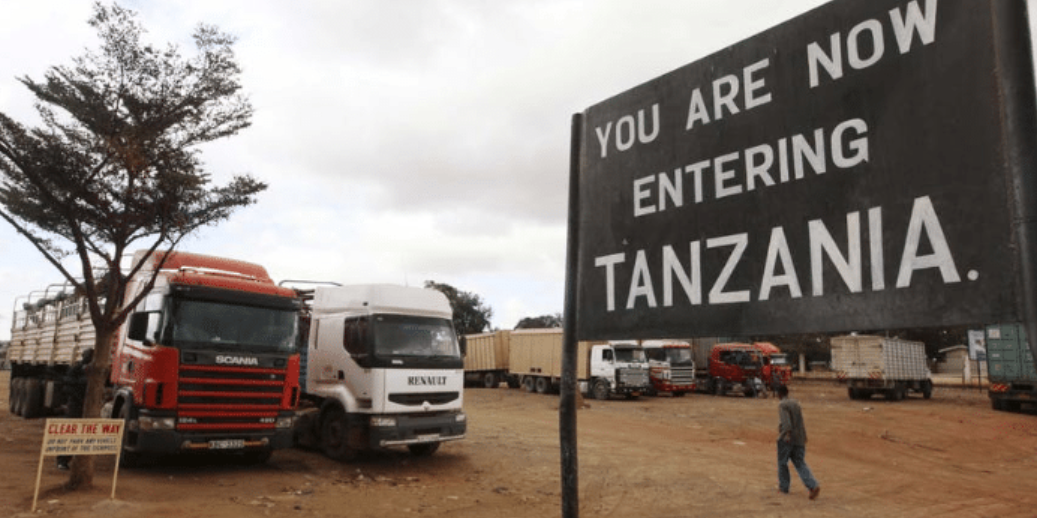
Title: Firms moves to court over new Tanzania’s excise duty
Match Masters Limited, the largest manufacturer of safety matches in East Africa, has filed an urgent case at the East Africa Court of Justice against the government of Tanzania.
This is on the new import excise duty imposed by the government of Tanzania in July through the Finance Act 2025, affecting goods supplied by EAC member states, some of which are said to be discriminatory and in breach of the East African Community Charter.
Match Masters, matches which are sold under the brand names of Kasuku, Tinga and Paka are common household names for many Tanzanians. The firm currently supplies a significant portion of the demand for matches in Tanzania.
However, the import duty imposed by the Tanzanian government of 400 Tanzania Shillings (Sh20.69 ) per kg on imported matches, has increased the price of their matches by 2,000 Tanzania Shillings (Sh103.47) per carton of 1,000 match boxes, making them less affordable for the Tanzanian public.
Match Masters managing director Kushal Shah said: “For 23 years, we have proudly supplied high-quality but affordable matches to the people of Tanzania and we are deeply saddened and shocked that this might come to an end because of a discriminatory levy that has been imposed for unclear reasons.”
“ The group most affected by this price increase are low income Tanzanian citizens who used to rely on Kasuku, Tinga or Paka matches but who will now have to turn to other less quality brands so they can afford to do the most basic of things such as lighting a stove or a fire.”
By exempting Tanzanian-manufactured matches while subjecting Kenyan-manufactured safety matches to the excise duty, the new levy has created a disguised customs barrier, according to management.
This contravenes Articles 75(4) and 75(6) of the EAC Treaty, which respectively prohibit new fiscal barriers on intra-community trade and forbids discriminatory measures against goods from partner states.
Tanzania has therefore broken its commitment as outlined in the charter and it is within the jurisdiction of the EACJ to ensure that an injunction is put in place to stop this levy from being applied to Kenyan and other EAC member states’ goods, the company has argued.
The EACJ has a history of intervening in similar matters, including a case filed by a Tanzanian company against the Kenyan government (Kioo vs Attorney General of the Republic of Kenya 2020).
Kioo Limited, a Tanzanian glass manufacturer, challenged Kenya's imposition of a 25 per cent excise duty on imported glass bottles.
Kioo argued this tax violated the EAC Treaty, Customs Union Protocol, and Common Market Protocol by discriminating against products from partner states in favour of Kenyan-manufactured goods.
The EACJ granted an interim order halting the tax, finding the case raised serious issues of irreparable harm and a potential violation of regional trade laws.
The imposition of the levy will force Match Masters to significantly scale down its current production capacity, it said.
“Many livelihoods will be directly and immediately affected by the levy including suffering loss of healthcare access and food insecurity. As the situation worsens, jobs in Tanzania are also at risk, particularly the vast distribution and logistics networks used by Match Masters to deliver their product all over the country,” it said.
Shah said: “Tanzanians will have to buy more of the lower quality matches at a higher price, increasing their expenses. We want to continue to supply this vital product to the people of Tanzania and we hope that the matter will be resolved swiftly.”
The Kenya Association of Manufacturers has previously decried the tax as it not only affects match manufacturers from Kenya but any East Africa Community manufacturers who access the Tanzanian market.











